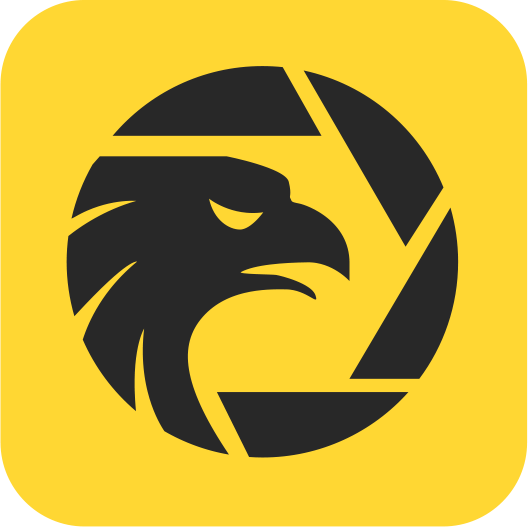
What major risks or drawbacks should I consider before banking with U.S. Bank?

As an independent forex trader who regularly evaluates financial institutions, I have to approach U.S. Bank with careful scrutiny given the information available. The most significant risk for me is the fact that U.S. Bank is not regulated as a trading broker. Regulation serves as a crucial safety net in the financial world because it establishes standards of conduct and provides a framework for dispute resolution and customer protection. Without regulatory oversight, there's a far greater risk related to transparency, fund management, and recourse if issues arise. Although U.S. Bank has a long operational history in the United States and offers a diverse suite of banking and wealth management services, that stability isn't a substitute for formal licensing when it comes to trading or investment activities. For me, this lack of oversight makes it impossible to verify if their services and practices align with industry best practices. The low regulatory index and clear warnings regarding high risk further reinforce my caution. Another drawback is that U.S. Bank’s financial products appear to focus primarily on business banking and wealth management, rather than providing dedicated forex or leveraged trading accounts—tools and protections that as a trader, I consider essential. In my experience, entrusting capital to a platform that isn’t specifically designed or regulated for forex trading introduces unnecessary risk. For these reasons, I would advise anyone considering U.S. Bank for trading purposes to be extremely cautious, use funds prudently, and prioritize regulated alternatives even if this bank seems robust in other areas. When it comes to trading, protection and transparency are non-negotiable.


